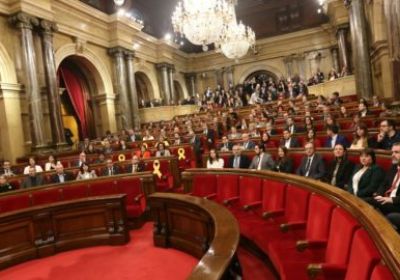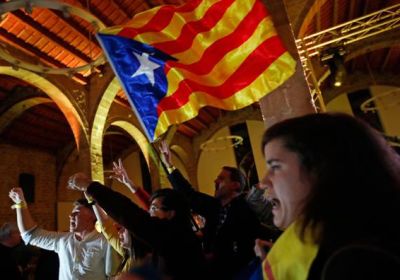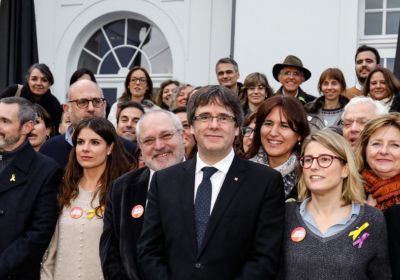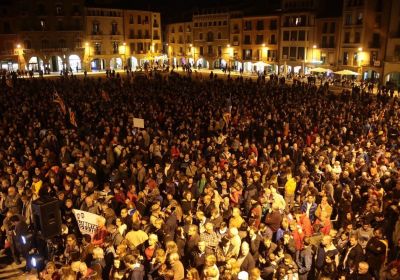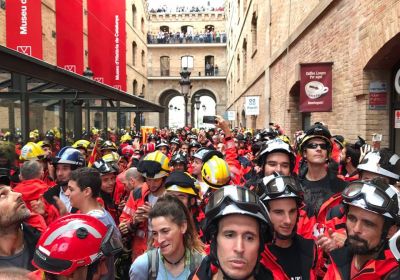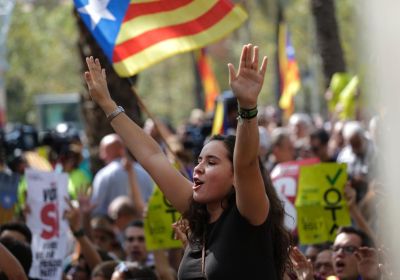-
-
-
-
-
-

Just after 3pm on October 27, the Catalan parliament voted to ratify the results of the country’s October 1 referendum on self-determination, proclaiming Catalonia “an independent state in the form of a republic”.
Outside parliament the vote was greeted with cheers from the tens of thousands of people who had gathered for this historic moment.
-
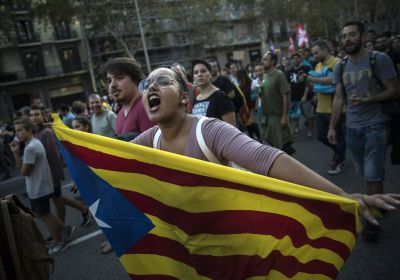
The Spanish People’s Party (PP) government of Prime Minister Mariano Rajoy has decided to implement direct rule in Catalonia.
In implementing article 155 of the Spanish constitution, which allows central government intervention in regional governments, Rajoy has the full support of the opposition Spanish Socialist Workers’ Party (PSOE) and the new-right party Citizens. The unprecedented intervention is the first since the present Spanish constitution was adopted in 1978.
-
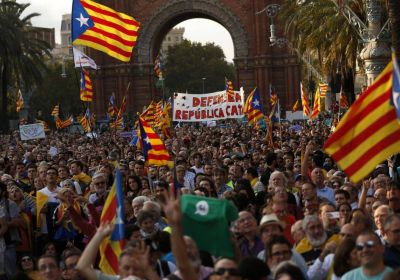
Catalan Premier Carles Puigdemont officially declared an independent Catalan republic on October 10, only to announce a suspension in its implementation to allow for talks with Madrid.
The harsh reply of the conservative People’s Party (PP) government of Prime Minister Mariano Rajoy came two days later: abandon all thought of secession or see Catalan self-rule erased under article 155 of the Spanish constitution.
-

Is it possible to have a successful referendum when your country is effectively occupied by 10,000 police and paramilitaries with orders to stop it?
The holding of Catalonia’s October 1 referendum on independence shows it is: all you need is a mobilised people with a clear view of where they are going, Europe’s most powerful and persistent social movement to help guide them, and a government committed to carrying out its promises.
-
-
-

In 1713-14, it took the troops of Spain’s Borbon monarchy 14 months to take Barcelona and end Catalan self-rule. Three centuries later, Catalonia is again under siege, this time from the central Spanish People’s Party (PP) government.
Under Prime Minister Mariano Rajoy, the Spanish state is concentrating all its firepower on stopping the Catalan government’s October 1 independence referendum, where Catalan citizens will be asked to vote on whether “Catalonia should become an independent state in the form of a republic”.
Barcelona
Barcelona
